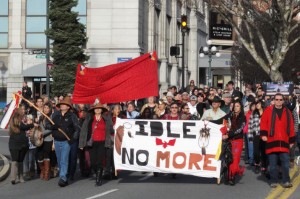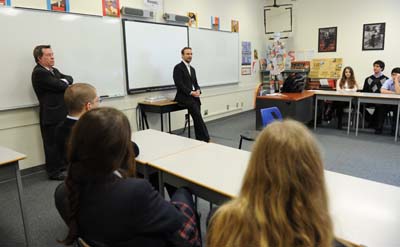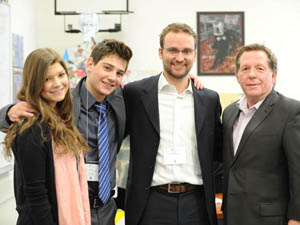 Hearing from your doctor that “you have cancer” is a shocking and scary experience. That happened to me in 1988 just as my wife and I learned that she was pregnant with our first child. For every cancer patient, the journey about how to grapple with the diagnosis means one’s life has been altered forever. It is daunting to wrestle with cancer, as it is the great plague of the 20th & now the 21st centuries.
Hearing from your doctor that “you have cancer” is a shocking and scary experience. That happened to me in 1988 just as my wife and I learned that she was pregnant with our first child. For every cancer patient, the journey about how to grapple with the diagnosis means one’s life has been altered forever. It is daunting to wrestle with cancer, as it is the great plague of the 20th & now the 21st centuries.
In my case, I was supported by a fantastic medical team and endured minimal intervention and no surgeries. However, it took a full five years before the doctors declared me “cured” and “cancer-free.” Along the way my family endured a great deal emotionally. Because of my illness, I was removed from regular life insurance roles and had to dole out 300% for less insurance coverage for my growing family – after initially being told it would be a 700% increase – a struggle I had to wage on top of adjusting to the ramifications of the serious diagnosis.
Four years earlier I had lost my father to cancer and then lost my mother as well, 12 years later in 1996. Both my parents died from a different form of cancer, but according to their wishes they each died at home and with the dignity. I assure you, the practical elements of delivering the dignity they deserved was very draining on our extended family. I came to know cancer much better than I wanted to, but as it is in many domains, life often does not offer us choices. So now on the doorstep of real spring, I see April as cancer month. For me, it is painted yellow because of the national Canadian Cancer Society Daffodil fundraising campaign, and creative expressions of surging hope that emanate from cancer survivors across Canada. They reflect the importance of our collective efforts to all come together to defeat cancer’s scourge.
In the past several years, we have actually done incredibly well on this front. The Canadian Cancer Society reminds us that the billions of dollars that have been raised in recent decades to fund research and develop new treatments have had a positive impact. Happily, with new drug therapies, most cancers are actually in decline in Canada and across North America – and for some cancers, in rather significant ways. Pamela Fralick, the CEO of the Canadian Cancer Society says we are at “an exciting threshold and there is great optimism for a future where we will no longer have to fear the word cancer.” But note that during the past century, cancer has been a disease, primarily of the wealthy.
In the spirit of our LCC Destiny Quebec (DQ) student leadership conference focused on globalization, allow me to assert that globalization is not just about trade and the proliferation of new digital technologies. It also includes health, and cancer is our primary export. Yes, on the international cancer front, things are changing. Now more than 60% of new cancer cases in the world are occurring in poor and middle-income countries. According to the World Health Organization (WHO), by 2025 the share of global deaths in these poor countries is projected to rise to three-quarters – 75%. The numbers are on the rise in poor countries because diagnosis and care tends to be weak. However, we are also exporting – globalizing our Western lifestyles. This includes more people smoking, overeating, and fewer getting enough exercise. There seems to be a direct correlation with cancers of the lung, bowel and breast. In 2012, 14.1 million new cancer cases were diagnosed and 8.2 million died from the disease, 11% more than in 2008. By 2025 the number of new cases is expected to reach 19.3 million, a notable 37% increase, and mostly in the world’s poorest nations.
So we surely have more to do to steadily defeat cancer in our society. But let’s be aware that we have indeed arrested the growth of many cancers with new medications and expensive treatments. Yet this won’t work in the developing world. The cancer problem there is only beginning to truly surge and shock, and will shortly become the developing world’s deadliest killer. What will we do to address this form of globalization, this deadly export? I know that many of our students will have an impact by committing to successful careers in the health care sector. If that’s too far down the road for some, we can all start by wearing a daffodil pin today to support research and anyone you know who is a survivor or living with cancer today. Then consider “what else can I do?” –Christopher Shannon, Headmaster



